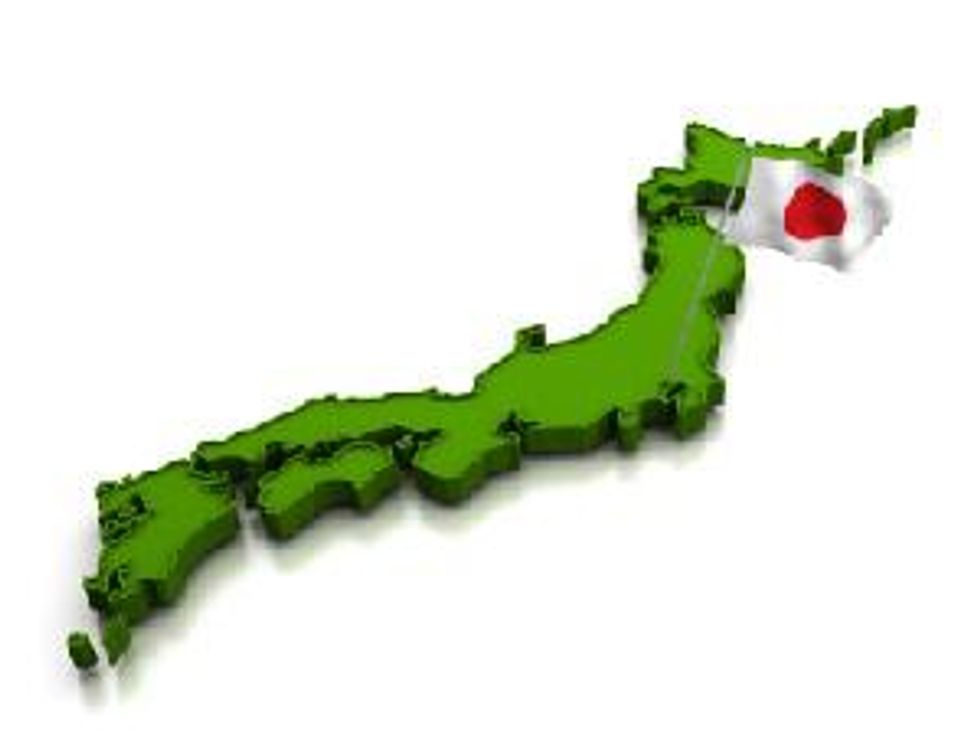In an exclusive with Lithium Investing News, Jonathan Lee, Battery Materials and Technologies Analyst believes that the risk of a prolonged impact of the Japan Crisis on the lithium industry is not likely.
It is becoming increasingly clear that the global supply chain for electronics has the potential to be affected by the series of catastrophes continuing to unfold in Japan, the world’s third largest economy.
A key demand driver for the global lithium industry is domiciled in Japan where an extensive concentration of lithium-ion and related high energy-density battery technologies are manufactured. A relatively high proportion of the world’s production ecosystem for these batteries is not only located in Japan, but many of the facilities are in areas affected by the quake or within the evacuation radius of the troubled nuclear power plant there.
Sony (NYSE:SNE), which makes notebook batteries, and Hitachi (NYSE:HIT), which makes a key battery part called an anode, both have operating plants in the disaster area that were temporarily shut down, according to a research report from Pranab Kumar Sarmah at Daiwa Securities in Hong Kong. Sony announced today that it has partially resumed production at a lithium-ion battery plant operated by Sony Energy Device Corp in quake-hit Tochigi Prefecture.
The largest global supplier, Panasonic (NYSE:PC), via subsidiary Sanyo Electric, combined represent approximately 42 percent of the lithium-ion battery global market, and was also mentioned having sustained damage and operational impediments. A number of other companies that make battery parts also operate in the disaster area, and most of them are affected. Irregular energy shortages, transportation slowdowns, and human capital difficulties will persist for some time, serving to curtail supplies and general shipments from the rest of the world over the short term.
Wayne Lam, a senior analyst at iSuppli, suggests that markings on the iPad 2’s three-cell battery pack include a label that reads “assembled in China” which he says only applies to the finished battery pack. A closer look at the markings reveals a reference to “Apple Japan” which he thinks is sufficient proof the battery cells came from Japan. “Typically, battery cells are made at the site of assembly, but since this li-ion polymer battery is unusually thin, it may be the case that it requires battery cell manufacturing technologies that Japan has.”
In an exclusive interview with Lithium Investing News, Jonathan Lee, Battery Materials and Technologies Analyst with Byron Capital Markets believes that the risk of a prolonged impact is not likely. “In the very short term, with manufacturing in Japan significantly slowed or halted due to the recent crisis, there will no doubt be a decreased demand for lithium as with many other materials. It’s hard to determine when manufacturing demands for lithium will increase in Japan again, but the increase will be significant because the demand for end use lithium-ion batteries is still present and re-stocking will be necessary.”
Over the medium and longer term, he believes the impact should be negligible, “in the medium and long terms, say 3 years and beyond, I don’t see this affecting the industry at all. The amount of lithium demanded by manufacturers in Japan will depend, in part, on battery demand from consumers, which we believe is strong in the future.”
Outlook for lithium producers and developers
Mr. Lee was somewhat cautious on the underlying lithium demands, “for existing producers, we expect to see a decrease in demand for lithium in the short term, but the end-user demand for products with lithium continues to grow and thus, the demand should increase after that. We expect the annual demand for lithium will rise in the medium and long terms because of end consumer demand, so we think it’s really just a matter of manufacturers buying lithium say, in Q3 of 2011, rather in Q1. We do not expect the 2011 annualized demand for lithium to have been materially reduced by the recent events in Japan.”
Expectations for exploration and development companies are more benign according to Mr. Lee, “the recent events in Japan shouldn’t affect their progress or prospects because they are presently not selling product and by the time they do come into production the market will have again re-stabilized.”





